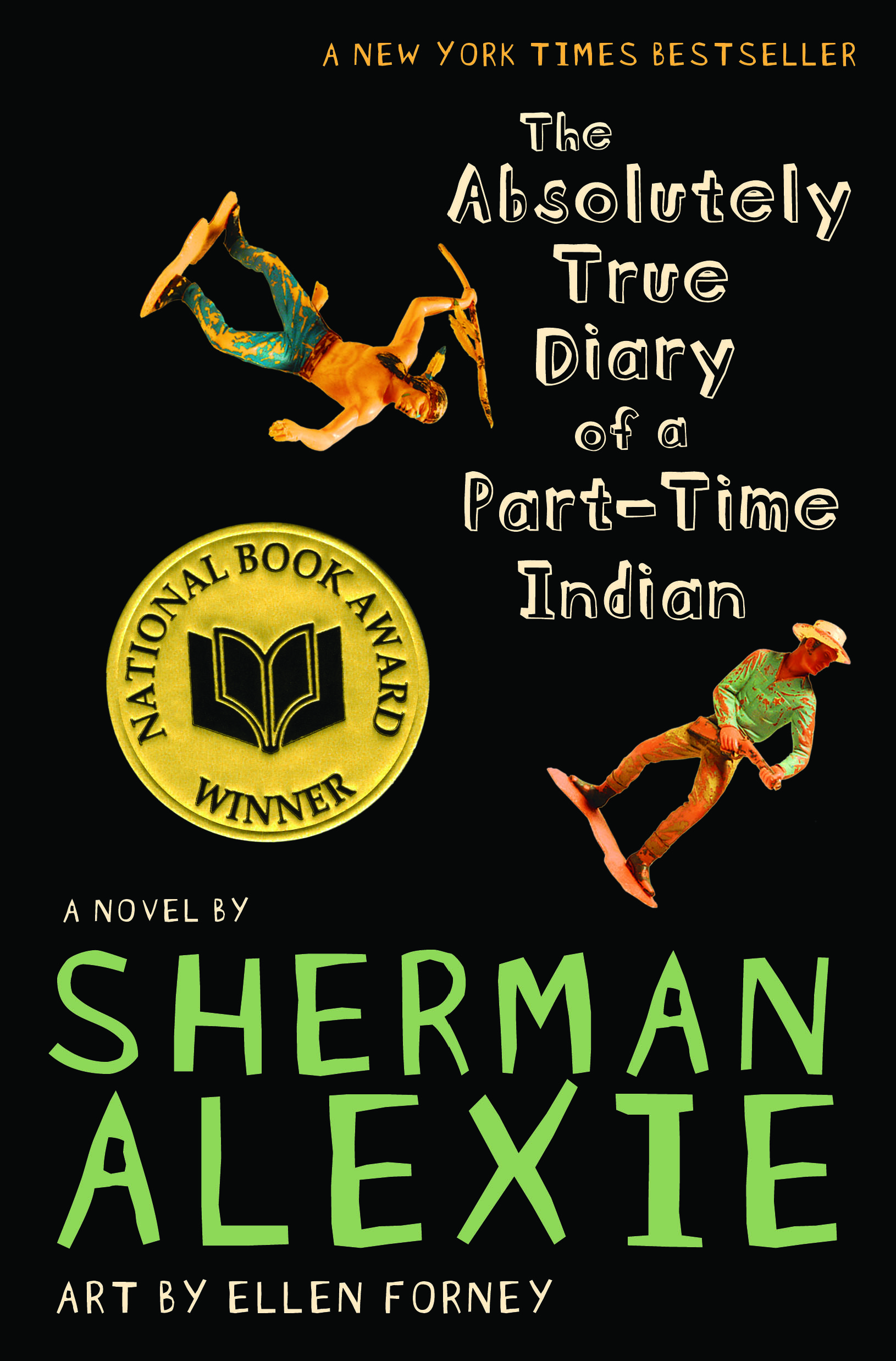I myself taught a "controversial" book in my 10th grade class this year. It began back in the fall of 2014 while taking my second to last graduate course, "The Dynamics of Personality," a psychology course that studies psychopathology in personalities. In my final project/paper, I proposed to write an analysis of the emotional and personality development of the characters in a young adult novel, AND how to use the novel in the classroom as not only a literary study, but to enhance social-emotional development, something I feel has gone by the wayside in the development of the Common Core. After a significant amount of reading, and research, I wrote a twelve-page analysis of The Absolutely True Diary of a Part-Time Indian, and how to use it in the classroom. Fast-forward to this past spring, and after much deliberation I decided to add the book to my curriculum. I felt that I had done enough research, and knew my students well enough by the fourth quarter that this would be a suitable book for them. This particular group of students are definitely what you would call the "reluctant readers," and were pretty vocal about their disdain for reading. We read the memoir Night right before we started this unit, and although they were engaged, and thoughtful readers, none of them were hankering to read it on their own without an assignment from me. Part-Time Indian was a total game-changer. My students LOVED the book, and told me that it was the first book they ever read in school that they enjoyed. They read ahead. Some of them finished it the first week it was assigned. The comprehension level is about 7th grade, so they didn't have any trouble understanding it, but the themes are mature, making it perfect for older students. The proudest moment I had with my students was when they started making connections to the ghettos and how the Jews were treated in Night, to the reservations and how the "Indians" were treated in Part-Time Indian. They were really doing some higher-order thinking and analysis, and it was on their OWN.
 Other teachers in the building heard that I was going to read this book, and jumped on board. Three other 10th grade classes read it, along with an Authors Study senior elective. At one point in the semester it felt like the whole school was reading the book. In one sense, it was exciting, and felt a little validating that I had "picked a good one"! On the other hand, I was afraid that since it was being read by a much wider audience, that there was a greater chance for backlash. Thankfully, there was no backlash (that I heard of), and about 100 students had the pleasure of reading it this year. I'm not teaching 10th grade English again next year, but if I was, I would go through the same questions I asked myself this year before introducing a "controversial" novel to my students: Who are my students personally? Are they mature enough to read this? Who might have difficulty with it? Ultimately, every group of students is different, and we always alter our teaching practices and materials from year to year. "Controversial" material should be treated and questioned like any other lesson plan or story that we decide to keep, or skip, for that year. This year, the rewards outweighed the risks, and I'm glad I took a chance.
Other teachers in the building heard that I was going to read this book, and jumped on board. Three other 10th grade classes read it, along with an Authors Study senior elective. At one point in the semester it felt like the whole school was reading the book. In one sense, it was exciting, and felt a little validating that I had "picked a good one"! On the other hand, I was afraid that since it was being read by a much wider audience, that there was a greater chance for backlash. Thankfully, there was no backlash (that I heard of), and about 100 students had the pleasure of reading it this year. I'm not teaching 10th grade English again next year, but if I was, I would go through the same questions I asked myself this year before introducing a "controversial" novel to my students: Who are my students personally? Are they mature enough to read this? Who might have difficulty with it? Ultimately, every group of students is different, and we always alter our teaching practices and materials from year to year. "Controversial" material should be treated and questioned like any other lesson plan or story that we decide to keep, or skip, for that year. This year, the rewards outweighed the risks, and I'm glad I took a chance.Weigh In: Have you ever taught controversial material? How did you decide to teach it?

No comments:
Post a Comment